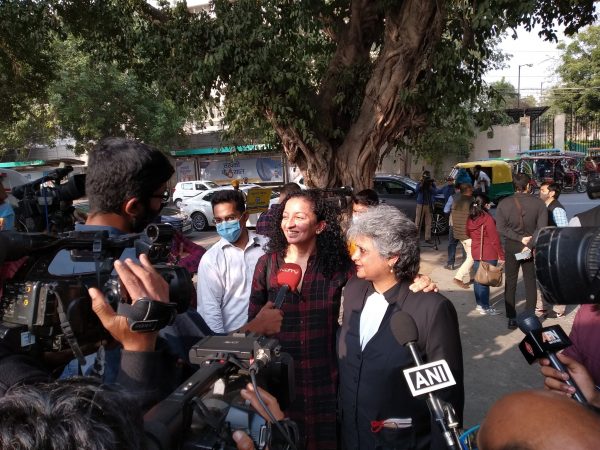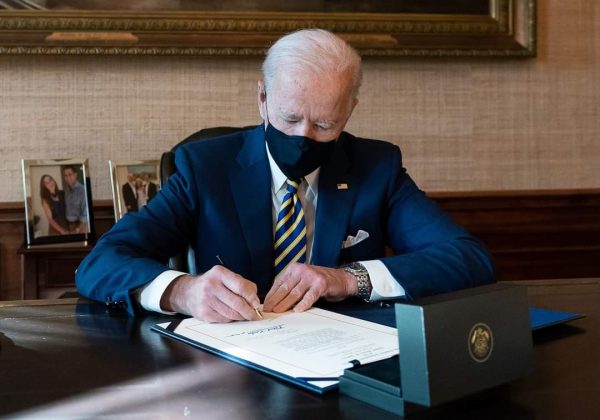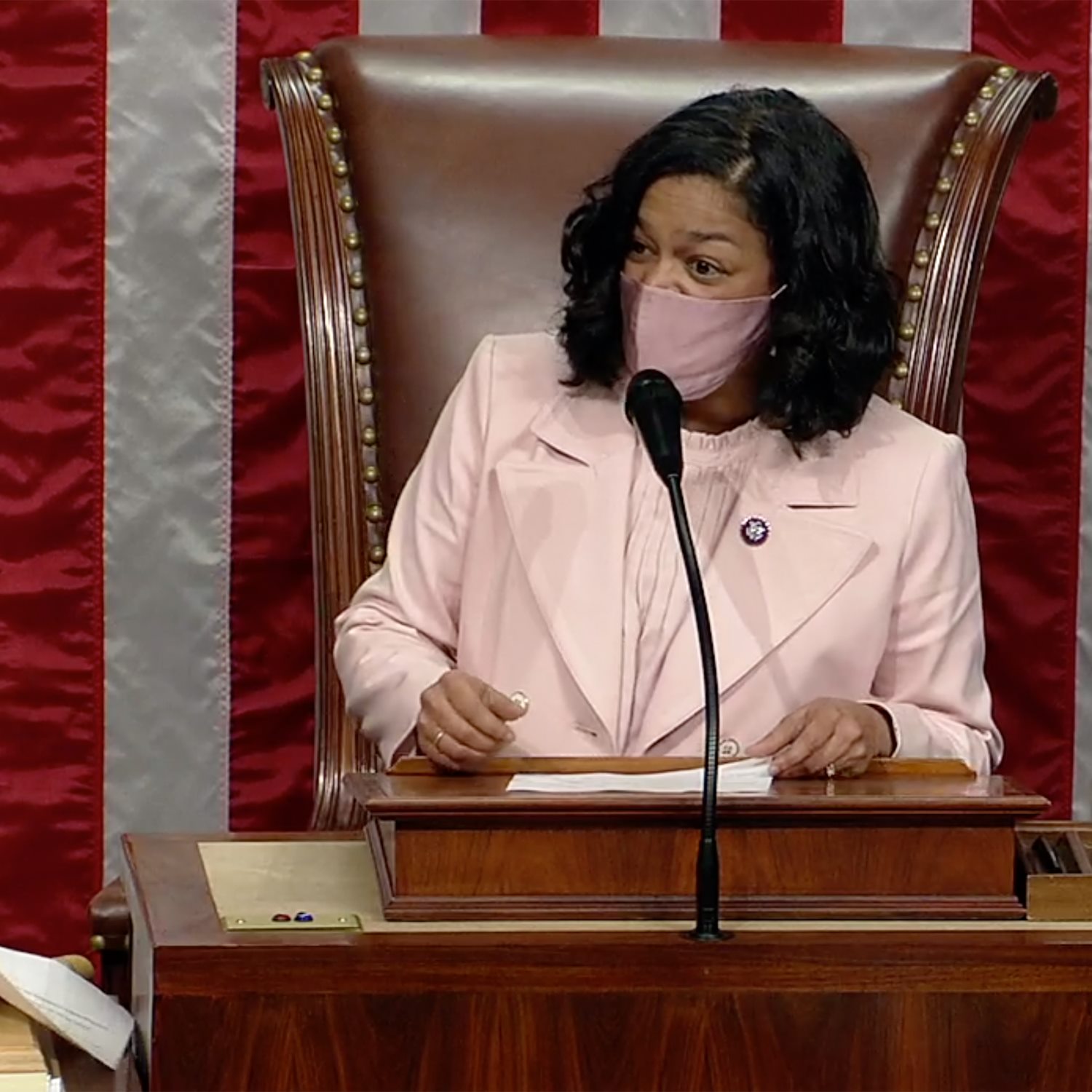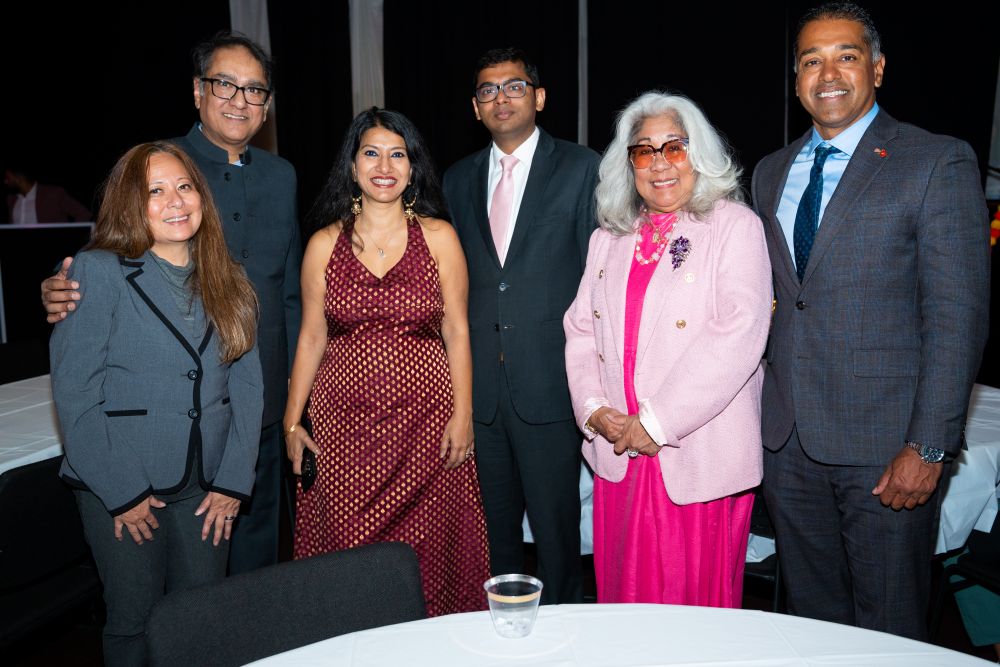The court said: “Women can’t be punished for raising instances of sexual abuse,” and noted that the right to protecting one’s reputation cannot be at the cost of a woman’s right to dignity.
On Wednesday, a Delhi court acquitted journalist Priya Ramani in the defamation case filed by former Union Minister MJ Akbar after she accused him of sexual misconduct. Ramani accused Akbar of sexual misbehavior during a work interview in December 1993.
While acquitting her of all charges, the court said: “Women can’t be punished for raising instances of sexual abuse,” and also noted the right to protecting one’s reputation cannot be at the cost of a woman’s right to dignity. The judge said: “The Indian constitution allows women to put forward her grievances before any forum and at any time.”
The court also highlighted that a man of any social status can be a sexual harasser. Additional Chief Metropolitan Magistrate Ravindra Kumar Pandey said: “It can’t be ignored that most times sexual harassment is committed behind closed doors.” He further said that most women who suffer sexual abuse can’t often talk about it due to the stigma and attack on their character.
While speaking to the media after the verdict, Ramani said she was “vindicated on behalf of all the women who have ever spoken out against sexual harassment in the workplace.”
Ramani accused Akbar in 2018 during the #MeToo movement when she posted a news article she wrote on Twitter, where she accused a “former boss” of being a “sexual predator.” She alleged it was Akbar and later in court, she said that the incident took place around 20 years ago when Akbar, who at that time headed Asian Age had called Ramani to his hotel room for a job interview and behaved inappropriately. Her post on social media was followed by over 20 women coming forward with similar allegations against Akbar.
Akbar, who then was a minister stepped down and sued Ramani for defamation, claiming her allegations had caused “irreparable damage” to his “reputation and goodwill.”


























